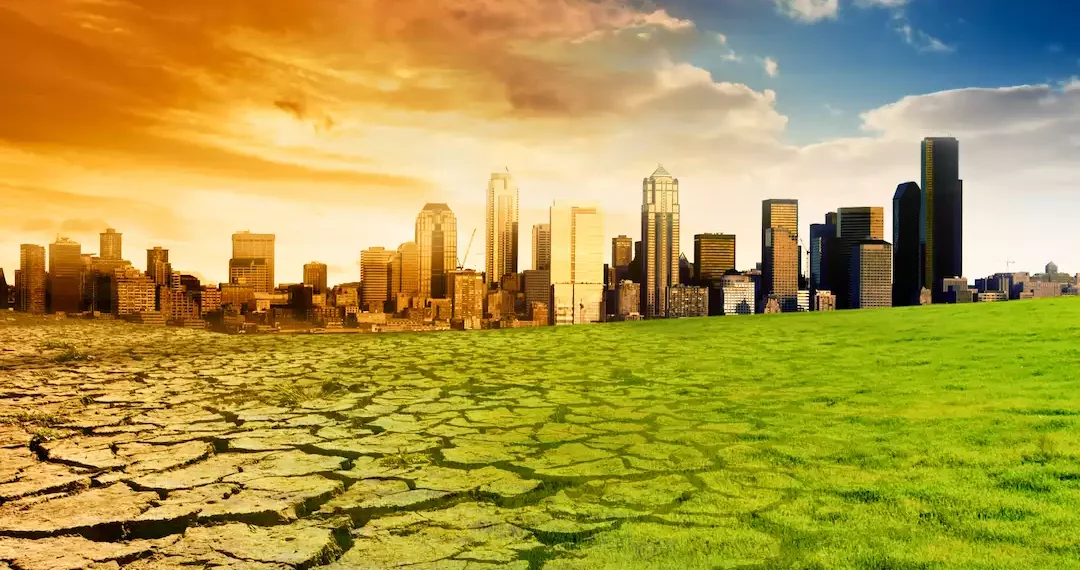Since the middle of the twentieth century, Human activities have played a pivotal role in causing climate change, especially the burning of fossil fuels and the resulting toxic emissions, or what are known as greenhouse gases, which lead to an increase in the temperature of the atmosphere surrounding the earth that is known as Global Warming.
New News - Around the World
The term climate change refers to dramatic, long-term changes in weather patterns that significantly affect the overall climate throughout the Earth.
Not only fossil fuel extraction operations, but human interventions have also affected nature in general. Which led to a kind of imbalance, or what some call “the wrath of nature.”
The results of these activities manifests itself in several forms that in turn contribute to the occurrence of climate changes, such as La Niña and El Niño, which are two successive climate phenomena within the framework of irregular natural fluctuations in winds and temperatures in the eastern Pacific Ocean near the equator.
In addition to some external influences such as volcanic activities, changes in the levels of the sun’s energy production, and fluctuations in the Earth’s orbit.
What is Meant By Global Warming?
The study, published in the journal Nature Conservation, revealed that Earth’s surface temperatures are set to rise by 2.7 degrees Celsius by 2100, compared to the pre-industrial era, with experts warning that record high temperatures will have deadly repercussions.
Hundreds of millions of people, and it will turn large parts of the Earth into uninhabitable areas.
Global warming is a phenomenon believed to occur because of the accumulation of carbon dioxide and other greenhouse gases.
Estimates indicate that human activities, most notably, the burning of fossil fuels since the 1950s has increased the average global temperature by about 1 degree Celsius (1.8 degrees Fahrenheit), a figure that is currently increasing by more than 0.2 degrees Celsius (0.36 degrees Fahrenheit) approximately every decade.
Scientists confirm that over time, high temperatures change weather patterns and cause an imbalance in the usual balance of nature, which poses many risks to humans and other creatures on Earth.
Global Efforts to Address the Repercussions of The Climate Crisis
The number 1.5°C has become a symbol of global climate change negotiations, an indicator of how much hotter or colder the Earth is compared to the long-term global average temperature, with scientists using average temperature data from the period 1850-1900 (pre-industrial era) as a measure of how hot the world was before the modern world relied on coal, oil, and gas.
Countries have agreed to “pursue efforts” to limit the rise in global temperatures to less than 1.5 degrees Celsius, as stipulated in the 2015 Paris Agreement, as exceeding the 1.5 degrees Celsius limit every year for a decade or two will have much greater impacts on warming. Such as longer heat waves, more intense storms, and wildfires.
Scientists also expect that climate change in the coming decades will negatively affect animal and plant species around the world and lead to the loss of biodiversity, which underscores the importance of taking urgent action to reduce greenhouse gas emissions. Or what are known as greenhouse gases.
Source: NASA



















